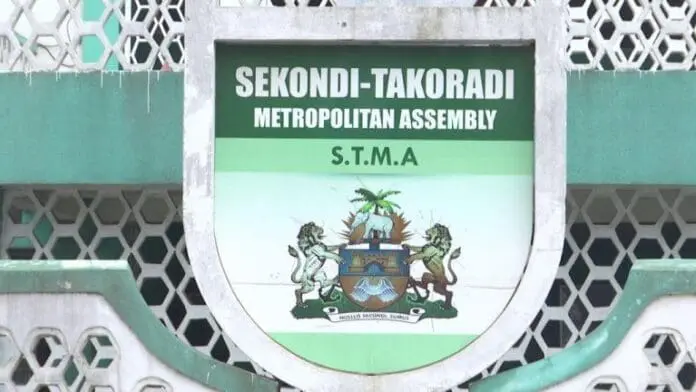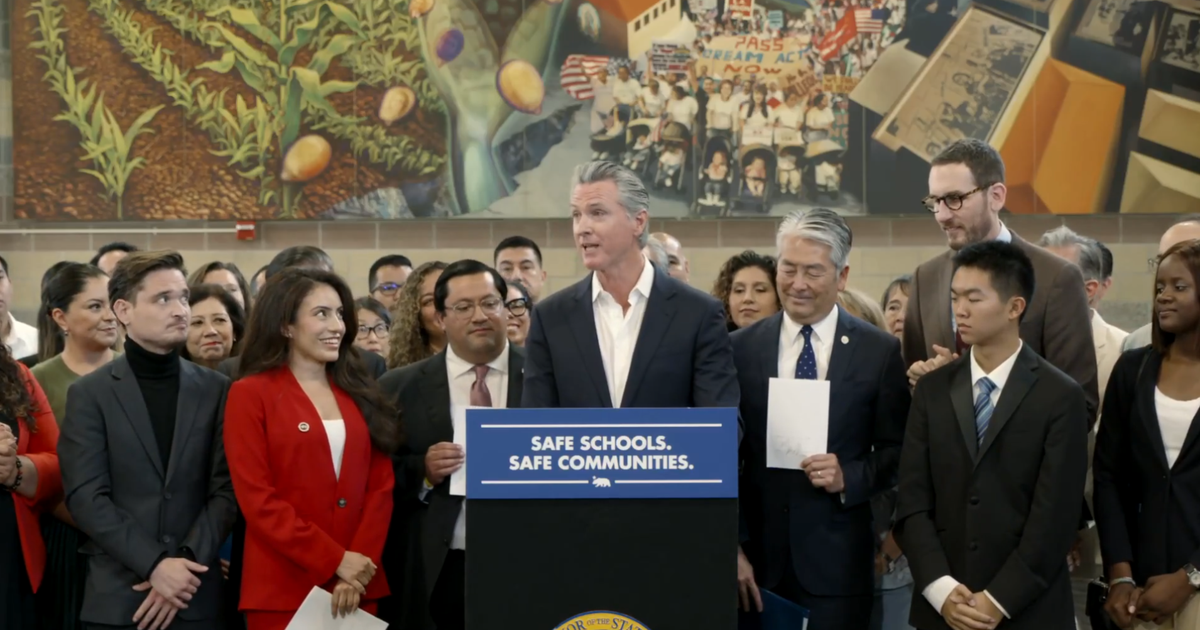By Ghana News
Copyright ghanamma

The European Union (EU) has positioned Ghana’s Sekondi-Takoradi Metropolitan Assembly (STMA) as a flagship example of sustainable urban development following successful completion of the €3 million Twin-Cities in Sustainable Partnership Project (TCSPP) that transformed lives across West Africa’s oil hub.
EU Head of Cooperation to Ghana, Silvia Severi, declared the three-year initiative proof that “when Ghana, Italy, and the European Union could come together, great things happen,” addressing stakeholders at the project’s closing ceremony in Takoradi on Friday.
The project, launched in 2022 through partnership with Italy’s Municipality of Palermo, delivered measurable improvements in sanitation, climate resilience, and economic opportunities while demonstrating how international development cooperation can produce scalable urban solutions.
Metropolitan Chief Executive Frederick F. Faidoo highlighted the project’s transformative impact over the past three years, particularly noting the construction of 500 household toilets that reduced sanitation-related illnesses by 25 percent across coastal communities previously affected by open defecation practices.
The intervention addressed critical development challenges in Ghana’s Western Region, where rapid urbanization has outpaced infrastructure development. The project’s comprehensive approach integrated health infrastructure, environmental restoration, skills training, and economic empowerment initiatives targeting vulnerable populations.
Three new adolescent health centers now serve the metropolis, while over 10,000 fruit trees planted under the program strengthen both food security and climate adaptation capacity. The initiative also introduced eco-friendly cooking ovens benefiting more than 24 fishmongers through reduced operating costs and lower emissions.
Training programs reached unemployed youth, prison officers, and inmates in biodigester toilet construction, creating new livelihood opportunities while addressing sanitation challenges. This approach demonstrates how infrastructure development can simultaneously generate employment and improve public health outcomes.
The project’s cultural and creative economy component enabled dozens of local artists to showcase work at international festivals in Ghana and Italy, expanding market access and cultural exchange opportunities. These initiatives contributed to STMA’s remarkable achievement of increasing internally generated funds more than tenfold since 2021, strengthening local autonomy and reducing dependence on central government transfers.
Social inclusion remained central to program implementation, with female-headed households accessing urban agriculture and livelihood programs while gender-based violence survivors gained enhanced reporting and support mechanisms. Educational interventions successfully reintegrated teenage mothers into senior high school, while 70 additional school dropouts returned to classroom learning.
The €3 million project, co-funded by the EU and STMA and implemented in collaboration with the Municipality of Palermo, aimed to enhance urban management and strengthen climate resilience, establishing foundations for continued sustainable development beyond the program’s conclusion.
Project Coordinator Isaac Aidoo emphasized that culturally sensitive and inclusive strategies reshaped community dynamics, though sustaining progress requires deeper alignment with government policies and continued civil society collaboration. This observation highlights implementation challenges facing development programs transitioning from international support to local ownership.
The TCSPP success comes as Ghana prepares for the 3rd Ghana-EU Business Forum in May 2025, reflecting broader partnership momentum between the two regions. The forum will provide platforms for robust engagement among policymakers and private sector operators from Ghana and Europe, potentially expanding successful models like the Sekondi-Takoradi experience.
STMA’s transformation under the project includes adoption of climate neutrality targets by 2050 through the Covenant of Mayors in Sub-Saharan Africa, demonstrating how localized interventions can align with global sustainability commitments. The assembly joined this initiative in 2023, driven by goals of reducing energy costs and advancing sustainable energy solutions.
As the EU-funded chapter concludes, Sekondi-Takoradi faces the challenge of maintaining momentum without external financial support. The project’s emphasis on building local capacity and strengthening institutional frameworks provides foundation for continued progress, though long-term sustainability depends on political will and resource allocation.
The initiative’s comprehensive approach – combining infrastructure development, economic empowerment, social inclusion, and environmental protection – offers lessons for other African cities grappling with rapid urbanization challenges. Success metrics including reduced illness rates, increased tree cover, and enhanced revenue generation demonstrate measurable returns on international development investment.
For the EU, the TCSPP represents validation of partnership-based development approaches that prioritize local ownership and sustainable outcomes over short-term project deliverables, positioning such models for replication across West Africa’s growing urban centers.



